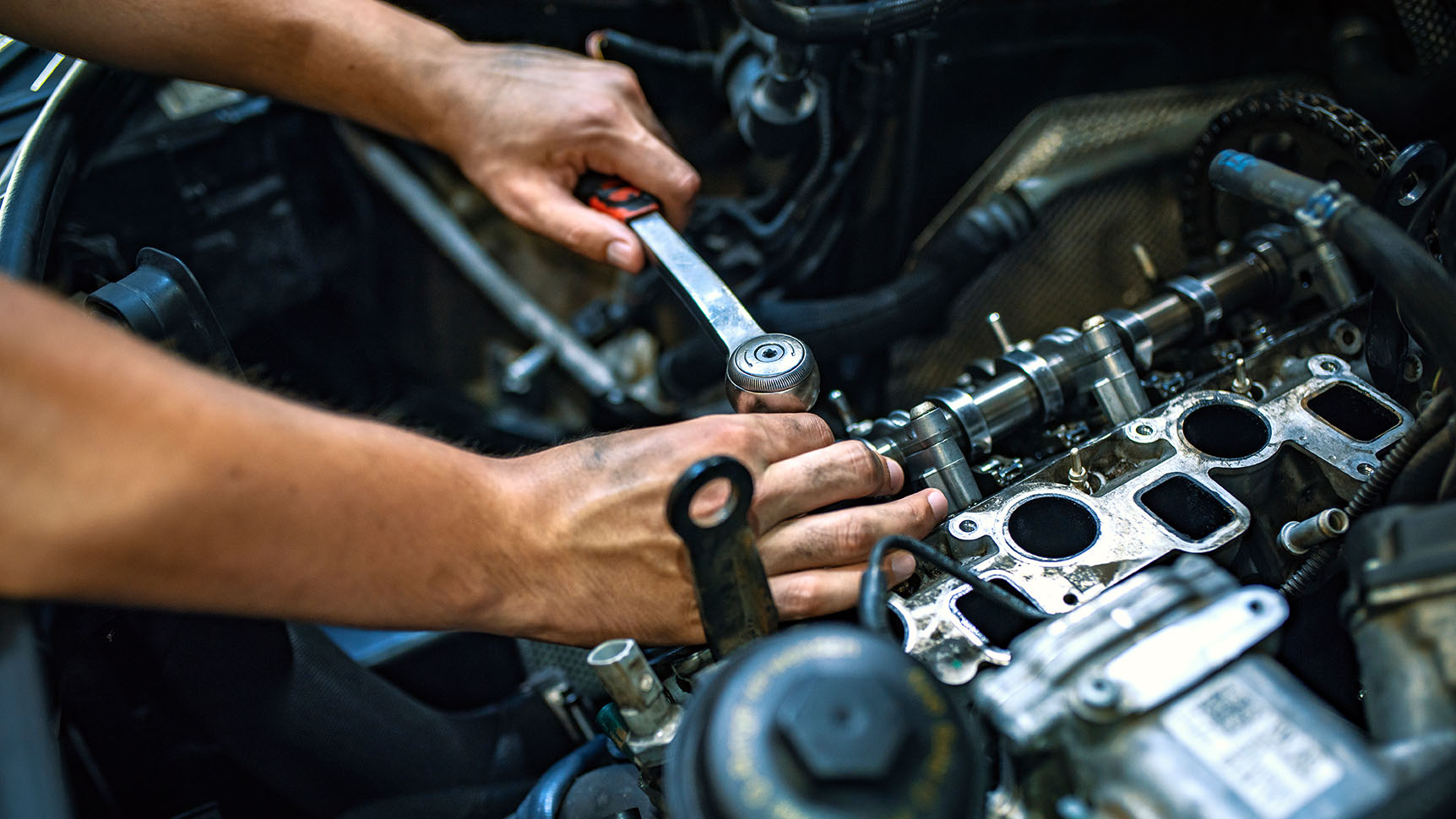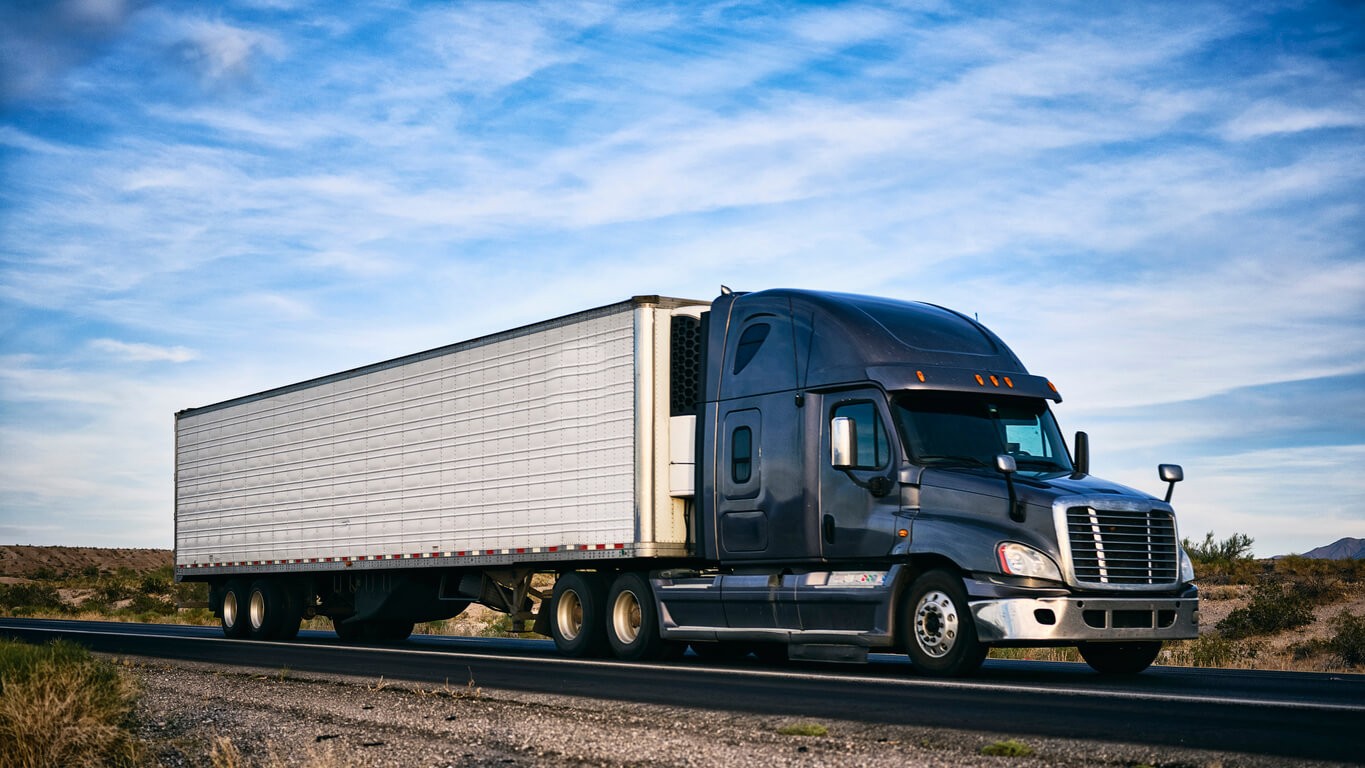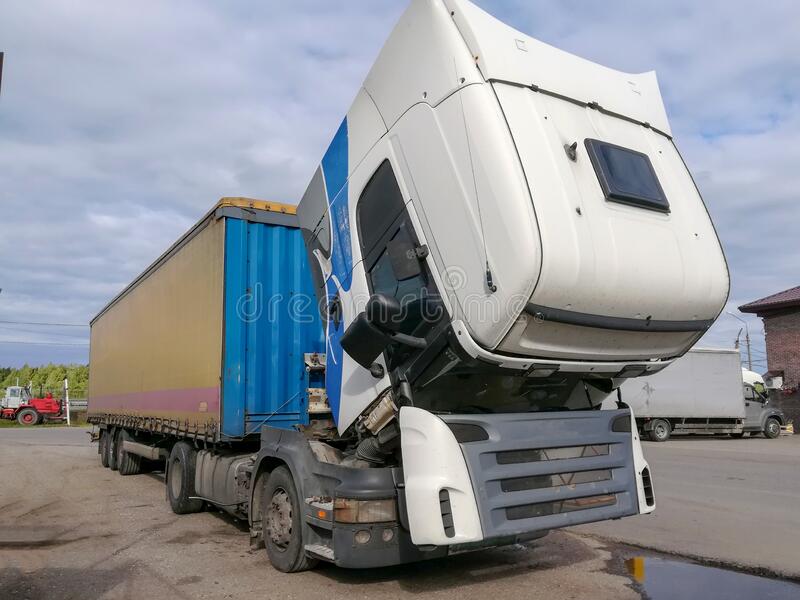
Being a commercial driver can be expensive. With marked-up beverages at truck stops, expensive commercial truck repairs, overpriced restaurant meals, and a host of other expenses, it’s not uncommon to end up losing cash on the road or having a paycheck that barely covers your daily expenditures.
To help commercial drivers save money, we’ve compiled nine ways to lower your expenses and keep more cash in your wallet while you’re on the road.
1. Travel Savvy
When you’re getting in or out of your vehicle, chances are that you’re going to need someone to transport you to your personal vehicle or your home. Instead of relying on taxicab service or renting a vehicle (both expensive options), choose Uber or Lyft to help you get from Point A to Point B. Uber and Lyft both give you cost estimates on your trips, so you know what you’re spending ahead of time.
And if you’re looking to explore the city where you may be during your rolling 34 restart, mass transportation is always an option. It may be tempting to take a taxi or other service, but mass transportation is designed to take you through the most populated areas in the shortest timespan possible. Let someone else take the wheel for a change!
2. Give Yourself a Cash Per Diem
There’s a lot of talk about budgeting on the road, but why not give yourself a weekly spending limit that lets you spend your money as you see fit? By making a “per diem” that you can draw from, you get a better hold on your finances (pun intended). Psychologically speaking, it is more “painful” to spend cash than to rack up debit/credit card purchases – plus you won’t have to wait for those purchases to post to your account.
The other benefit of giving yourself this type of allowance is that you will immediately know when your allotted money is running out. If you run out of money before the week elapses, you can trace where your money is going and how much you need to drive your best each day. You may be surprised to learn just how much you’re spending on coffee and other daily expenses each day.
On a side note, by limiting your credit card transactions, you can easily determine if your identity has been stolen – an unfortunate reality for many on-the-go drivers
3. Open up a “Round Up” Savings Account
It’s pretty obvious, but opening up a savings account is a must to keep more money in your wallet. To make this even easier, many banks offer the ability to “round up” your debit card purchases and deposit the difference into your savings account automatically, such as Bank of America’s Keep the Change® program. For those who struggle to make a habit of saving during the on-the-go lifestyle of a commercial truck driver, this is the one most efficient ways to be proactive about saving without thinking about it.
4. Meal Prep
If you’re a trucker, chances are that your meals are the most expensive combined purchases of your day. But because there’s relatively little time to sit down and prepare meals, getting price-gouged becomes a norm on the road.
However, this expense can be overcome by taking a day to meal prep during the week. To do this effectively, you will need:
- An inverter to power your appliances,
- A multi-burner stove, rice cooker, crockpot, and other methods to prepare your food,
- A refrigerator, freezer, or refrigerated cooler to preserve your meals,
- And a way to heat up your food quickly when you need it (i.e., microwave, skillet, toaster oven).
The startup costs range to are only a fraction of what you spend on meals and can be prepped for multiple days of “home”-cooked food. And making a small investment can pay for itself within a week – especially if you spend more than $30/day on food.
This makes a difference in your health and ability to drive optimally without food allergies, substandard ingredients, and limited choices. There are plenty of great trucker-oriented recipes that are not only easy on the wallet, but also substantially more healthy for commercial drives.
You should read: Truck Supplies No Truck Driver Should Be Without
5. Shopping in Bulk
If you’re going to be on the road for a while, shopping in bulk is the way to go if you’re looking to save money. And there’s no better way than signing up for memberships for warehouse stores like Sam’s Club, Costco, Big Lots, and more. For an annual fee of around $60, you’re able to have items on hand that you regularly eat and use for discounted prices. Best of all, these warehouse stores often carry a wide selection of trucker-oriented goods, so you can do all of your shopping in one place to save time during your off-duty hours.
6. Avoid Traffic Violations
Most traffic violations are easy to avoid, but they’re a nuisance expense and a time-sink that you can do without. Barring innocent mistakes, exceeding the speed limit or driving in an unsafe manner are taken seriously, and you could be on the hook for hundreds of dollars – not to mention potentially jeopardizing your CDL license. The standards for commercial drivers are much higher than regular drives, so be extremely cautious on the road.
Also, be aware that even if you aren’t pulled over, you may receive traffic violations in the mail from red-light cameras. If you’re on the road for weeks at a time, you may get late-fees for non-payment or, potentially jeopardizing your license until the fines are paid.
7. Avoid Breakdowns with Preemptive Truck Repairs
If your wheels are not moving, you’re losing money. When it comes to taking care of your truck, taking the proper time to maintain your truck and address lingering issues saves you money down the road. For example, if your brakes are in poor condition, and you can’t handle the grade, you may be forced to use a runaway ramp (plus the tow + downtime). Or, if your fuel system is running too rich, you may be hemorrhaging gas and losing out on efficiency.
Preventative maintenance, such as performing regular oil changes, should be a normal part of your vehicle maintenance schedule. Set reminders for when you’re due for normal maintenance, and put aside some downtime to prioritize what your truck needs to perform optimally. Considering you drive your vehicle daily, any differences in performance should be clear indicators to search for a “commercial truck repair shop near me” before you’re on the side of the interstate with help hours away.
8. Use Professional Driver Discounts
There are many places on the road that will give you a CDL discount – that is, if you ask for it. Hotels are usually more than happy to accommodate professional drivers and provide perks for frequent guests. Rental car companies provide discounts to drivers, and often don’t require their insurance coverage as drivers have their own. And some restaurants even offer discounted rates for drivers – especially during the ongoing COVID-19 pandemic.
9. Use Cruise Control
As you can see, there are plenty of ways to save money on the road by taking the time to reorient how you perform your job, day-in and day-out. Whether you’re looking for truck repairs ahead of time, planning your meals, or padding out your savings, you’ll have more money at the end of the week.
To get more information about us, follow us on Facebook and Instagram. Or call us right now for a road service on: repairtrucktrailer.com



